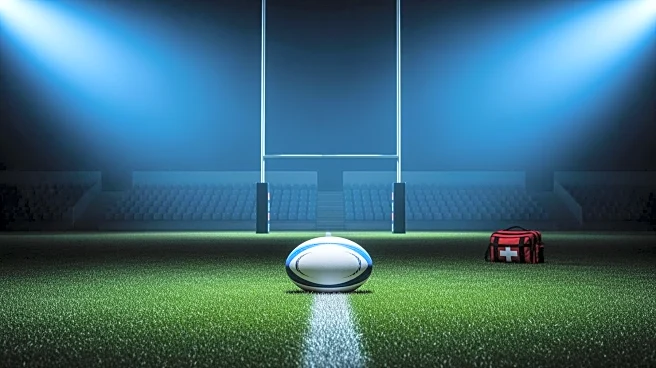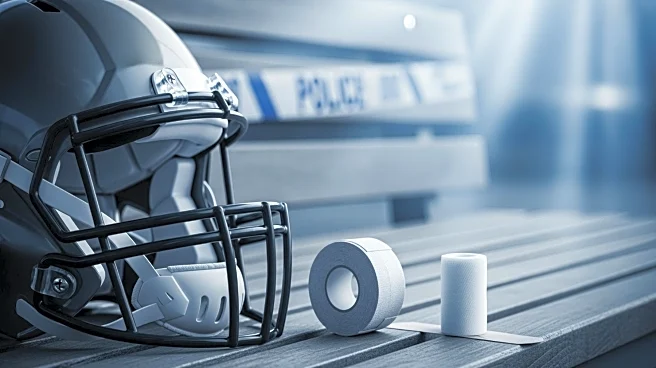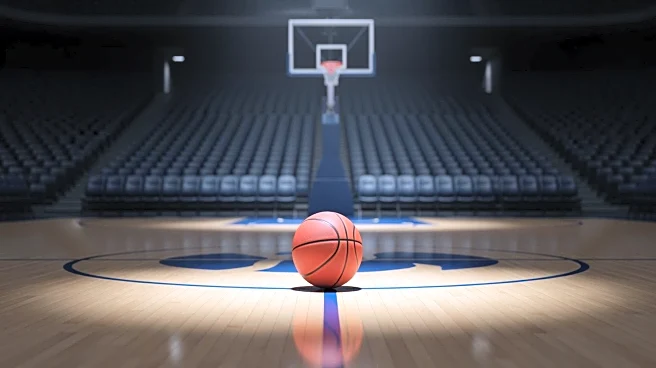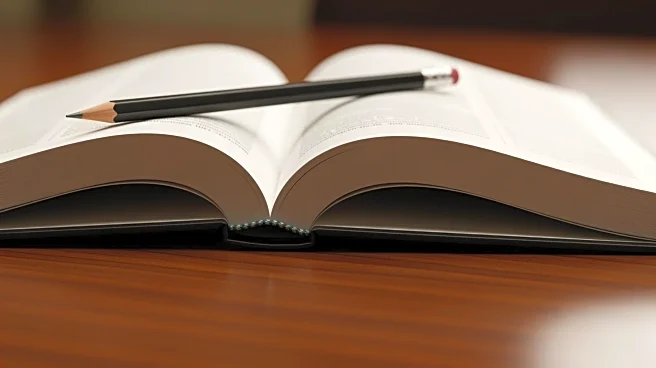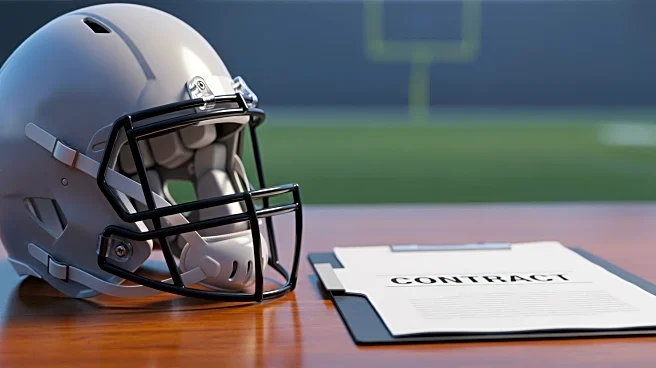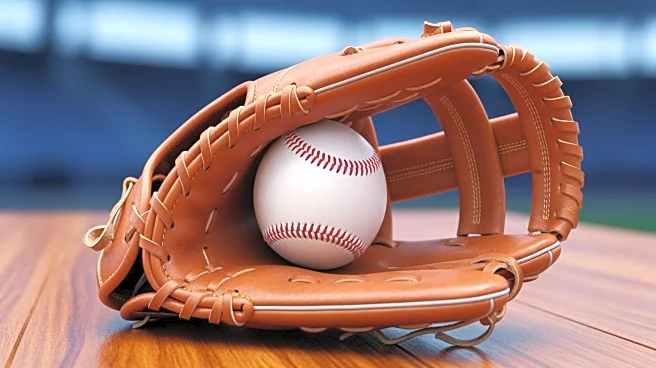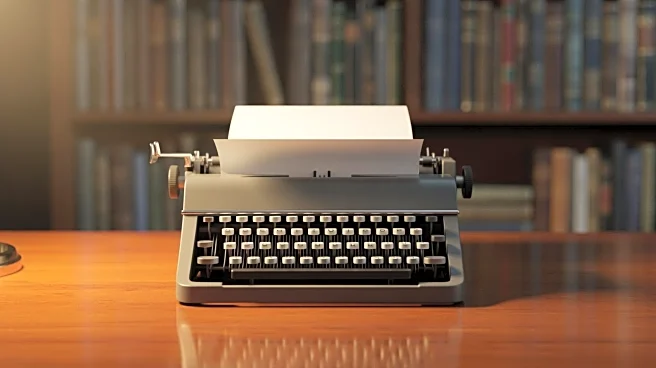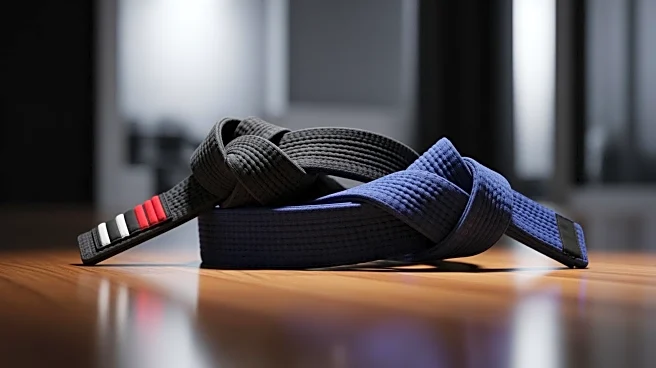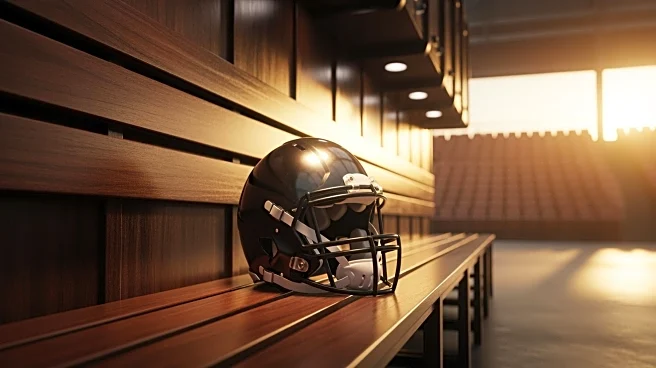What's Happening?
Eliesa Katoa, a rugby player from Tonga, is currently hospitalized in Auckland following a series of head injuries sustained during a Pacific Cup match against New Zealand. Katoa experienced seizure activity and brain bleeding after multiple head knocks
during the game. Initially, he was hit by teammate Lehi Hopoate during a pre-match warm-up, but it was determined that he did not require a head injury assessment. During the match, Katoa suffered further injuries, including a collision with Will Penisini and another with New Zealand forward Naufahu Whyte, leading to his removal from the field for head injury assessments. Despite passing these assessments, Katoa later experienced seizure activity on the bench, prompting hospitalization and surgery. He is currently in stable condition, supported by his partner and mother, and has expressed gratitude to his teammates and supporters via social media.
Why It's Important?
The incident highlights the ongoing concerns regarding player safety in contact sports, particularly rugby, where head injuries are prevalent. Katoa's situation underscores the importance of rigorous head injury assessments and the potential long-term health implications for athletes. The event may prompt discussions within the rugby community about enhancing safety protocols and medical evaluations to prevent similar occurrences. It also raises awareness about the need for comprehensive support systems for athletes dealing with serious injuries, emphasizing the role of medical staff and team management in ensuring player welfare.
What's Next?
As Katoa recovers, medical staff from his club, Melbourne Storm, and Tonga's team chief medical officer will continue to monitor his condition closely. The rugby community may see increased scrutiny on head injury protocols, potentially leading to revised guidelines or enhanced safety measures. Stakeholders, including team officials and medical experts, might engage in discussions to improve player safety standards. Additionally, Katoa's recovery process will be closely watched, with potential implications for his future participation in the sport.
Beyond the Headlines
This incident may contribute to broader conversations about the ethical responsibilities of sports organizations in protecting athletes from harm. It could lead to a cultural shift in how head injuries are perceived and managed in rugby, influencing training practices and game regulations. The long-term impact on Katoa's health and career may also serve as a case study for sports medicine professionals and policymakers aiming to balance competitive play with athlete safety.
